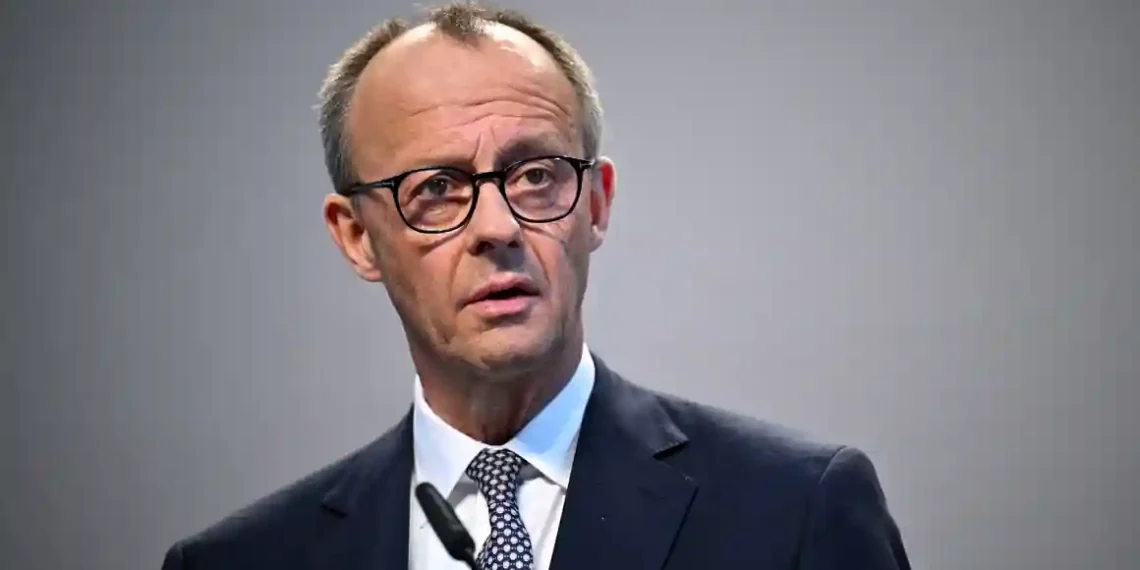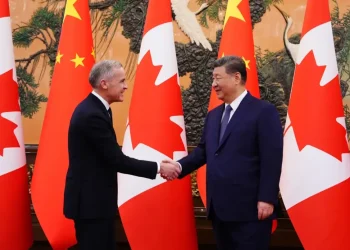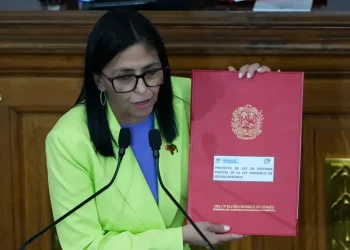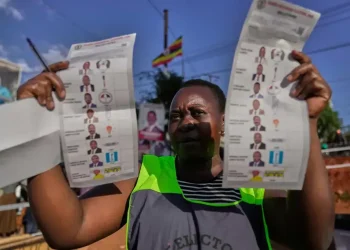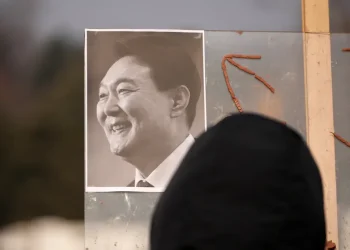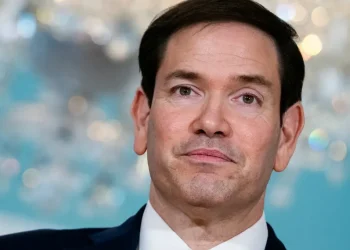Germany’s Incoming Chancellor Merz Unveils New Coalition Amid Trump Tariffs and Economic Fears
Friedrich Merz, Germany’s incoming Chancellor, unveiled a bold new coalition deal on Wednesday, presenting his vision for a reinvigorated Germany in the face of economic challenges and political uncertainty. The announcement came just hours after it was confirmed that a new government coalition had been agreed upon between Germany’s two major centrist parties: the center-right Christian Democratic Union (CDU) and the center-left Social Democratic Party (SPD).
The deal marks a significant moment for Germany, Europe’s largest economy, which is teetering on the brink of recession. The ripple effects of sweeping tariffs imposed by the Trump administration have triggered global economic instability, pushing Germany into a state of heightened concern. As fears of a downturn loom, the newly formed coalition aims to tackle these challenges head-on.
Speaking at a news conference in Berlin, Merz, the CDU leader who emerged victorious in February’s federal elections, laid out an ambitious agenda for Germany’s future. “The future government will reform and invest to keep Germany stable, secure, and economically stronger,” Merz asserted, reflecting an optimistic tone amid the growing uncertainties.
He emphasized that Europe could once again “rely” on Germany, pointing to the coalition’s commitment to restoring the country’s position as a beacon of economic stability in a turbulent world. Merz acknowledged the increasing political tensions globally and the strains these external pressures have placed on Germany, citing the ongoing war in Ukraine and the unpredictable economic consequences of the Trump administration’s trade decisions.
“The war in Ukraine continues, with no end in sight,” Merz said. “At the same time, economic uncertainties are mounting—decisions by the American government this week have already triggered turbulence. We are witnessing these developments in real time.”
This reference to Trump’s tariffs highlights the precarious global economic situation. The tariffs, which have altered the global trade landscape, have created ripples in Germany’s economy, adding pressure to the negotiations for a new coalition government.
Unveiling the details of the coalition agreement, Merz outlined several significant policy shifts, including a proposal to extend the minimum period for obtaining German citizenship to five years, up from three. The new government also plans to overhaul Germany’s security policies, with a substantial increase in defense spending and the introduction of a Swedish-style voluntary military service.
Despite the CDU’s victory in the February elections, Merz faces mounting pressure. The far-right Alternative for Germany (AfD) has gained considerable traction, securing second place in the election and nearly doubling its supporter base. A recent Ipsos poll released Wednesday showed the AfD leading with 25%, just ahead of the CDU at 24%.
“For the first time, we are the strongest force in Germany,” AfD co-leader Alice Weidel declared, marking a pivotal moment for the party. This shift has added a sense of urgency to the coalition talks, with Merz and his allies in the CDU/CSU keen to forge a government that can address both economic instability and rising far-right influence.
Merz has promised to revive Germany’s economy, which has suffered from stagnation in recent years. One of the key areas of focus for the incoming Chancellor is defense. With growing concerns over Russia’s aggression and a more hostile stance from the US on European security, Merz has pledged to increase defense spending and allow for greater investments in defense infrastructure.
Additionally, Merz has signaled his intention to tighten Germany’s immigration policies, following a series of high-profile attacks attributed to migrants. This issue has become a focal point in the 2025 election campaign, and Merz has vowed to make it a priority.
As Merz prepares to take office, the coalition’s path forward will require navigating both internal and external challenges. The global economic climate, shaped by the US tariffs, and the rise of the AfD, will test his leadership. However, Merz’s vision for a more secure, economically resilient Germany offers a glimpse of hope in an otherwise uncertain landscape.
With the new coalition set to take shape, the coming months will be crucial for Germany as it seeks to redefine its role in Europe and the world. Will Merz’s leadership steer Germany through turbulent waters? Time will tell.
This article was rewritten by JournosNews.com based on verified reporting from trusted sources. The content has been independently reviewed, fact-checked, and edited for accuracy, neutrality, tone, and global readability in accordance with Google News and AdSense standards.
All opinions, quotes, or statements from contributors, experts, or sourced organizations do not necessarily reflect the views of JournosNews.com. JournosNews.com maintains full editorial independence from any external funders, sponsors, or organizations.
Stay informed with JournosNews.com — your trusted source for verified global reporting and in-depth analysis. Follow us on Google News, BlueSky, and X for real-time updates.
